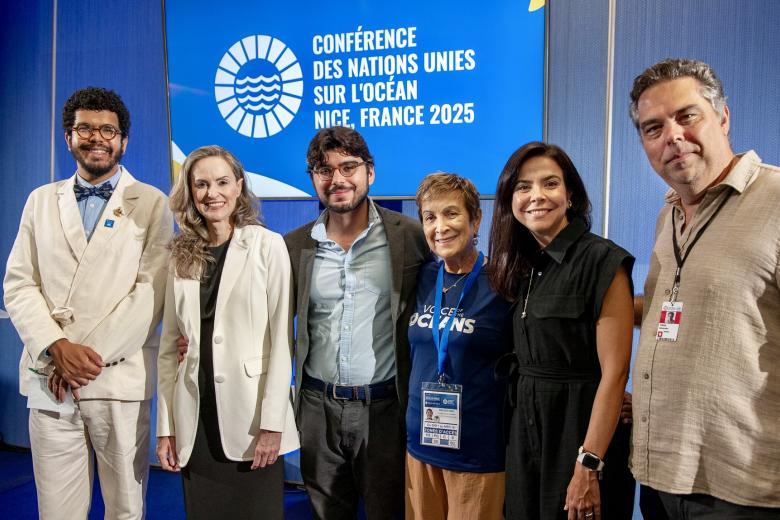Law Blogs Maastricht
With Law Blogs Maastricht we aim to share our legal expertise, by making our research findings and contributions to topical debates available to a general readership of lawyers and law students, non-lawyers, the press and civil society.
Latest blogs
Contact
Visiting address
Maastricht University Faculty of Law
Bouillonstraat 1-3
6211 LH Maastricht
Postal address
Maastricht University Faculty of Law
PO Box 616
6200 MD Maastricht





